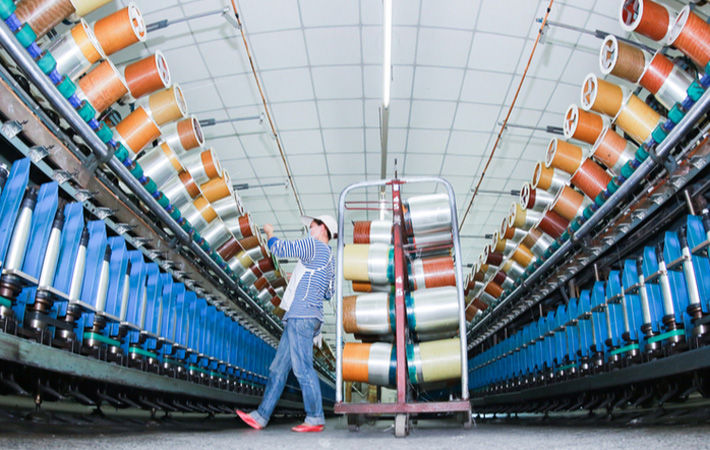

Other adverse consequences of adding flexibilities to the yarn forward rule include devastation for US cotton farmers, currently employing 115,000 in 18 states; projected sales drop of 30 per cent for US and Western Hemisphere cotton growers; and direct and indirect backdoor access to Chinese textile inputs, further perpetuating Xinjiang forced labour, according to the study conducted by Werner International.
Such flexibilities chill future investment and destabilise current investment in the region, the study said. Over $1 billion in capital investments have been made in CAFTA-DR countries since 2005, which have helped create a vertical regional production chain. Weakened rules place major future and long-term US investments at risk.
The decision severely undermines defense procurement under the Berry Amendment and the domestic warm industrial base supplying mission critical items to US armed forces. More than two-thirds of the US textile and apparel industry would be wiped out, destabilising the domestic textile military industrial base and its ability to meet surge production in times of military mobilization, the report said.
It also cripples efforts to construct a viable domestic or nearshoring supply chain for personal protective equipment (PPE) and exacerbates the flow of immigration, undermining the US administration’s intended goal of spurring economic development in the region to address the root causes of outward migration.
“The report found that weakening the rules by adding ‘flexibilities’ such as cumulation and short supply changes would exacerbate the migration crisis by devastating our industries and further tether us to our counterparts in Asia, including China,” National Council of Textile Organisations (NCTO) president and chief executive officer Kim Glas said in a statement.
“The data overwhelmingly demonstrates that the current co-production chain would be undermined by subsidized Asian/Chinese fabrics and yarns whether directly or indirectly through a third party, would devastate direct and indirect textile employment and investment in the US, the region and the entire Western Hemisphere. It would also exacerbate enforcement issues associated with Xinjiang cotton produced with forced labour,” Jan Urlings, vice chairman of Werner International, said.
The study goes on to find that if brands and retailers made a commitment to double exports from CAFTA-DR to the United States under the current rules, it would result in an additional 180,000 US textile jobs, 2.17 million new jobs in the CAFTA-DR region, and conservatively $6 billion in new investments in the US and region.
Fibre2Fashion News Desk (DS)